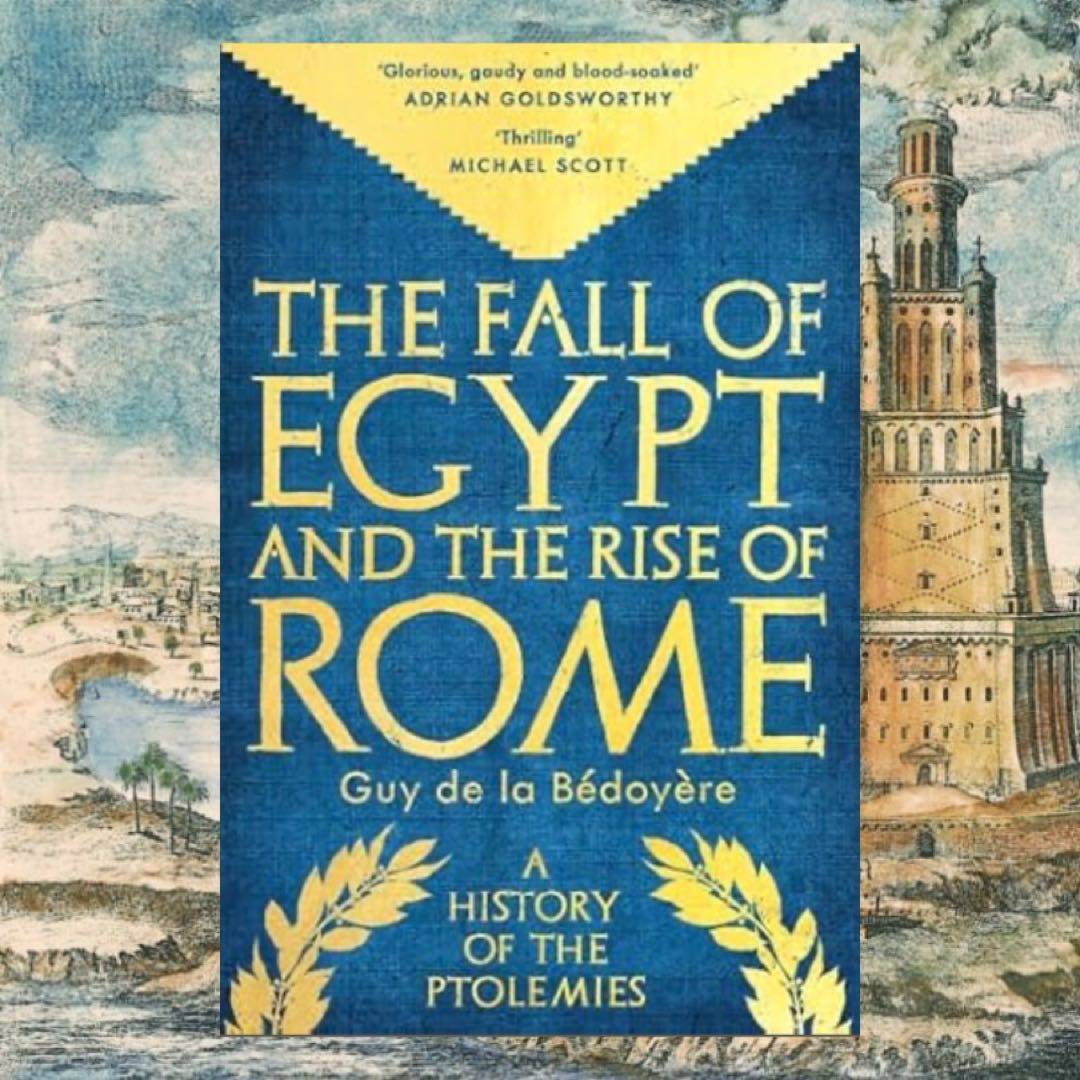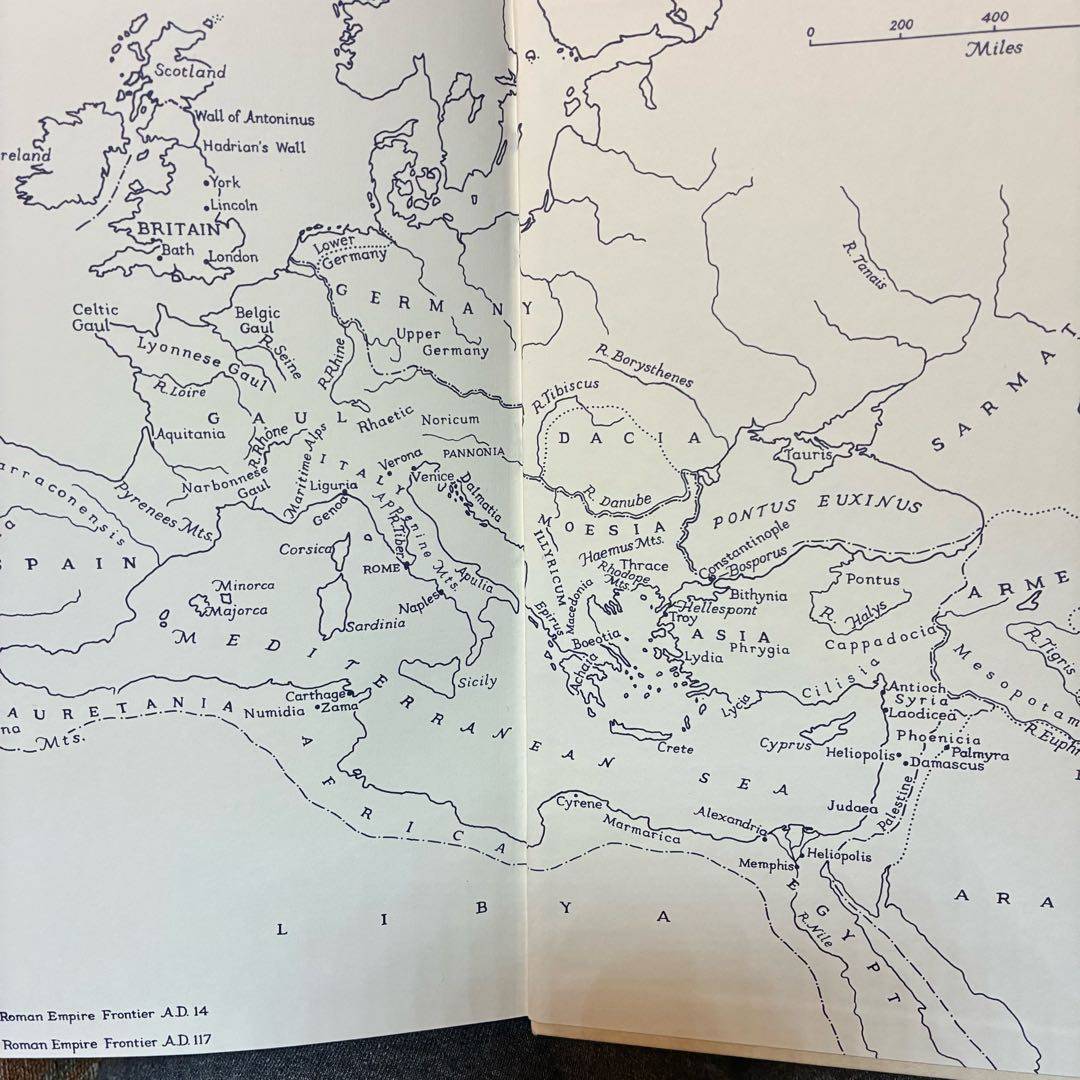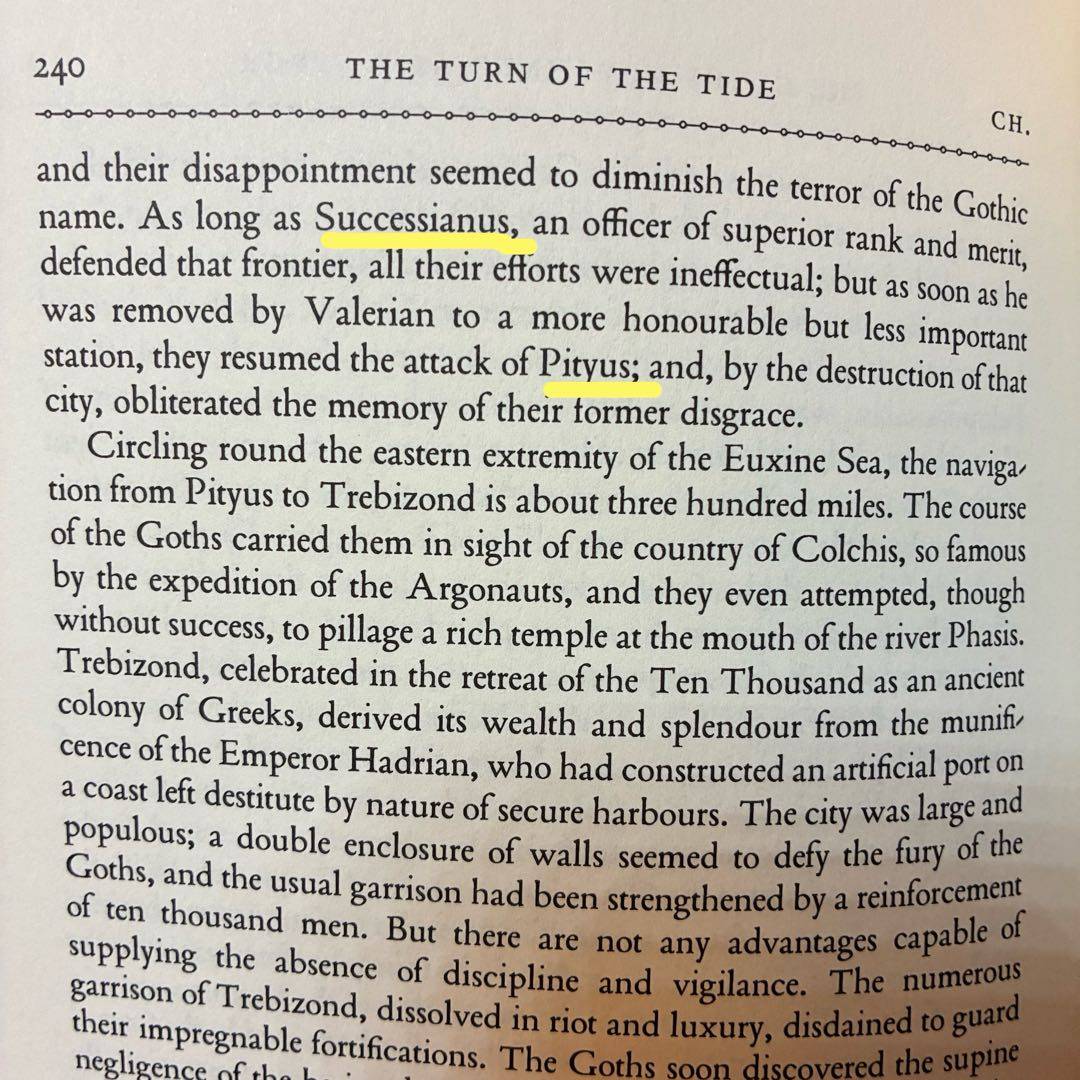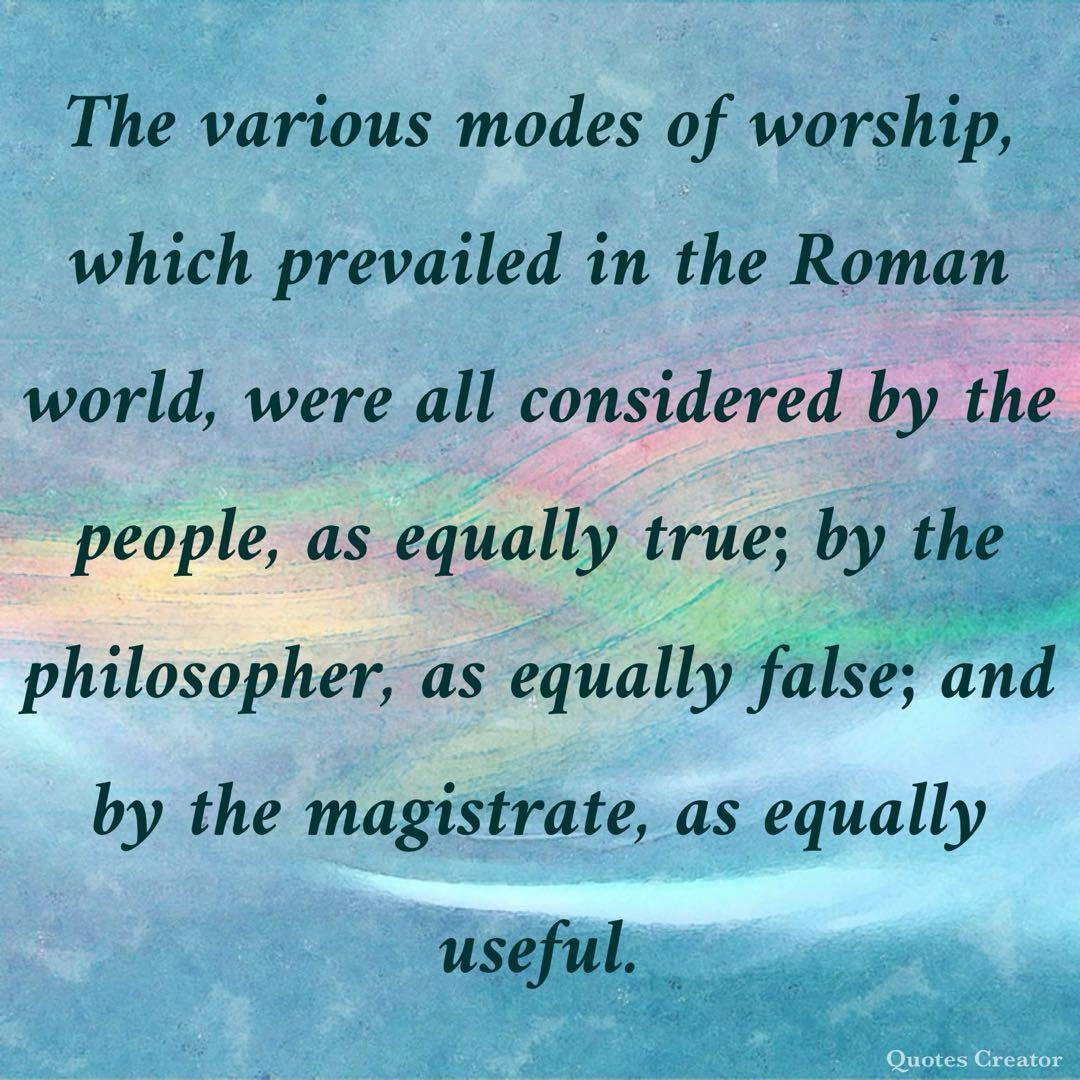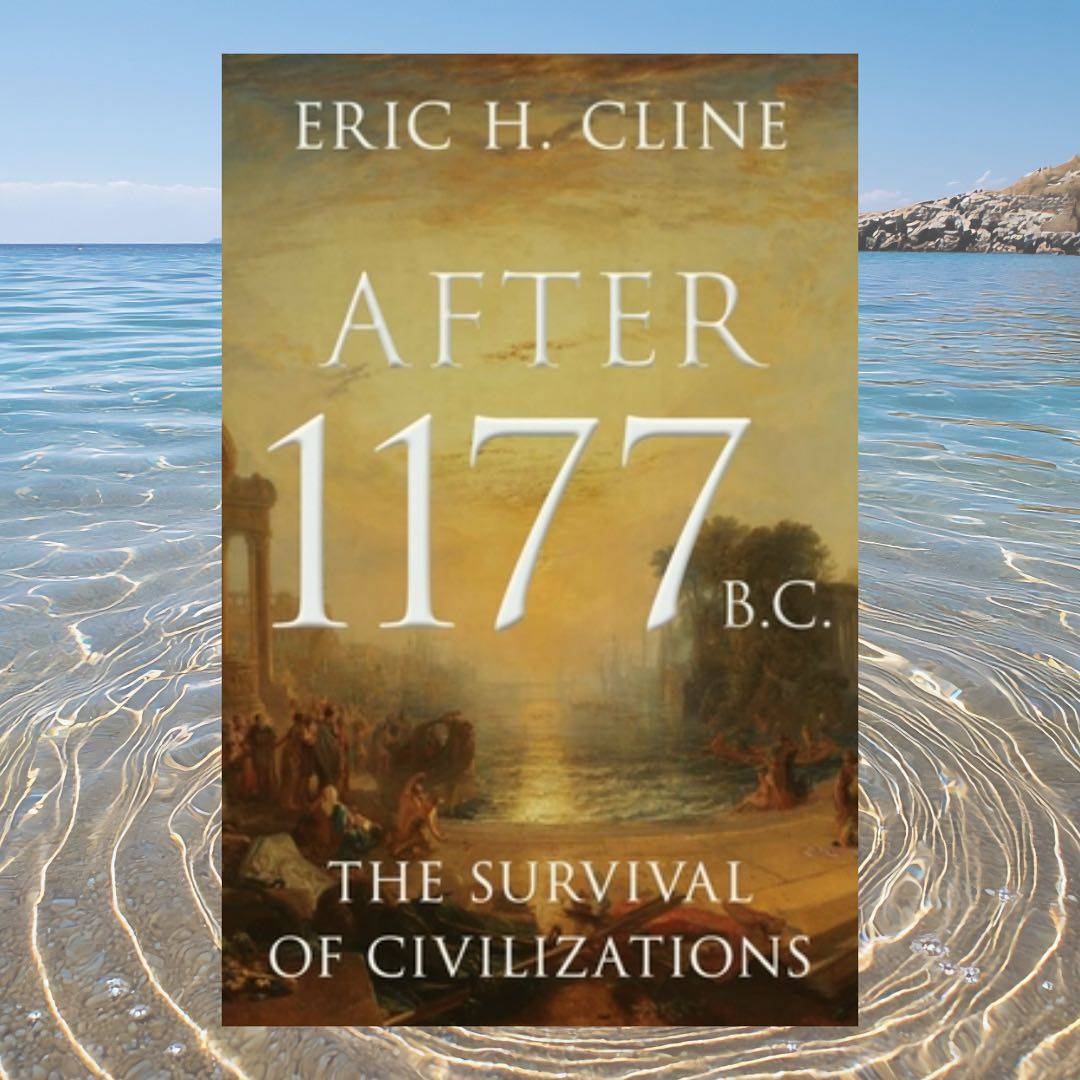A fairly good short primer to the Wall, its purpose, the sequence of use there, etc. Tries to contextualise it in terms of what's going on in the empire at each stage, though that's quite complex and this is a short book. Some interesting images, but hard to make out properly due to being printed in black and white.
Overall, not bad, I enjoyed it well enough.













